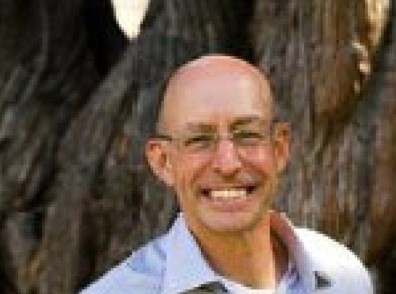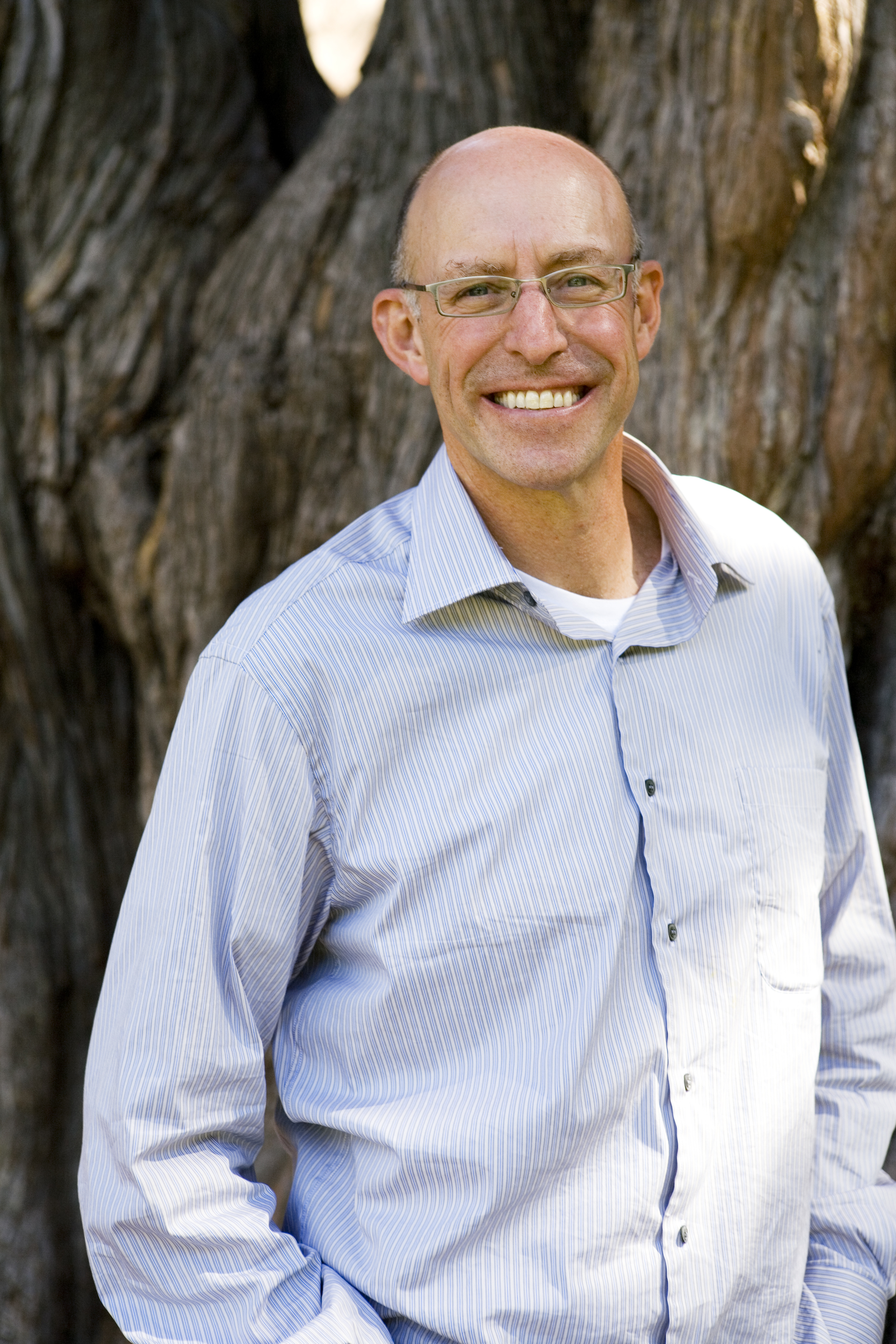Michael Pollan's visit to Chattanooga
Friday, January 1, 1904
Chattanoogans interested in the intersection of health and food, and the nature of an American industrial-food culture that generally divides the two, will have the opportunity on Thursday to hear Michael Pollan, one of the nation's most influential and celebrated authors and thinkers, illuminate that critical dilemma.
His talk at the Tivoli Theater -- free to the public thanks to the Benwood Foundation -- will begin at 7 o'clock. Given the national attention and awards that Pollan's enormously popular books and articles have earned and his witty but plain-spoken style, his address is sure to be well attended. (Hint: The doors will open at 5:30.)
Pollan's highly regarded work centers on his advocacy of a sustainable, healthy food culture and his critical journalistic exploration of the nation's deeply entrenched food-products industry and the corporate farm system that jeopardize Americans' health.
He can condense his advice for healthy eating to: "Eat food. Not too much. Mostly plants." Behind his succinct advice, to be sure, is hard-earned insight into the critical distinction between naturally grown food that our grandparents would recognize as real food -- vegetables, diary products and the meat and eggs of free-range animals -- and the food-like products that form the bulk of what most grocery stores offer consumers.
His advice to shoppers is to focus on the perimeter of most grocery stores, where fresh produce, dairy products and fish predominant. He would avoid the center aisles of boxes that contain food-like products with an array of additives and chemicals, and that are not truly real food but are perennially advertised as such. The rise of the latter are concocted by huge industries that profit by making food-like products, typically with high sugar-based calories and sodium, that are cheaper to mass consumers than real food.
That's part of the problem Pollan explores. Another part is how the corporate industrial operations use antibiotics and steroids to rapidly grow animals in crowded, foul holding compounds to cheaply produce tasteless beef, chicken, pork and other meats that are not particularly good for our health. We really are what we eat, he warns.
Adjuncts to those concerns are the rise in cities of food deserts -- neighborhoods void of grocery stores with quality foods, particularly in poorer parts of cities and rural areas whose residents can't afford the fresh, nutritional real food that people with higher levels of education and income have begun to demand. He also offers insight into the health consequences and soaring social costs of the nation's nutrition-poor industrialized food system, and how to change direction to improve health and reduce the epidemics of diabetes and obesity.
In an interview with this paper's reporter, Kate Harrison, Pollan said he plans to talk "about our general confusion about how to eat, about what I call our 'national eating disorder,' and how we got that way. I want to delve into the history of our craziness around food and then try to shine a path out of the confusion."
Pollan's conclusions should be enlightening. Hopefully they will prompt wider support for efforts here by Gaining Ground, the Benwood-sponsored initiative that works to restore the traditional market bonds that used to sustain a healthy local food chain between local regional farms and citizens and businesses that bought their fresh, sustainable foods. Getting back to those roots is essential to America's health and economic future.

